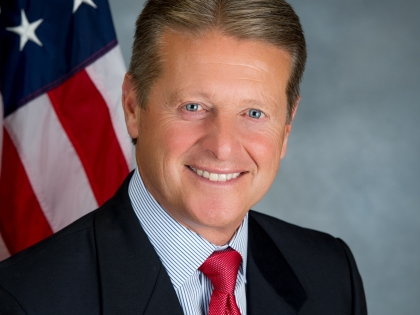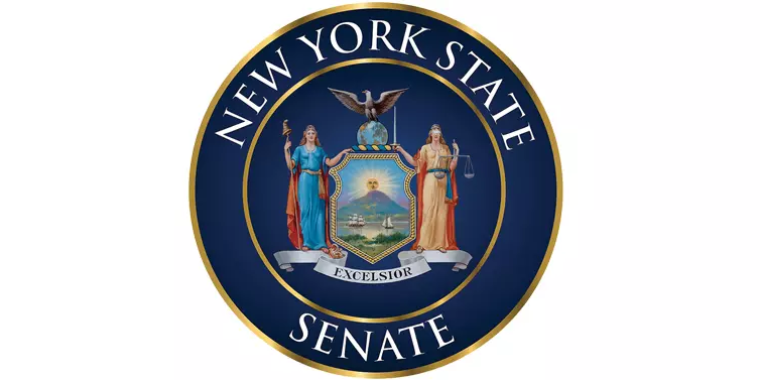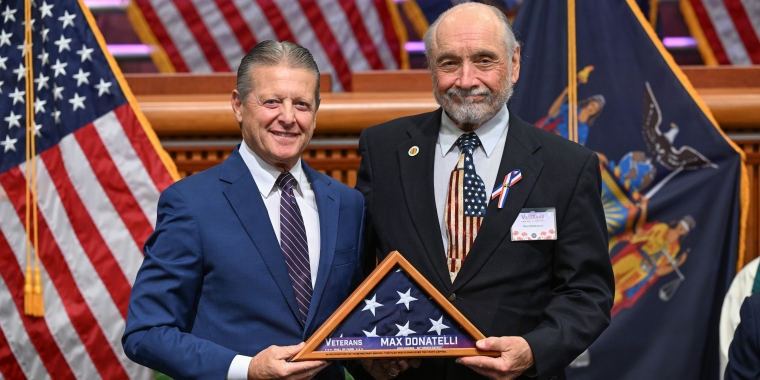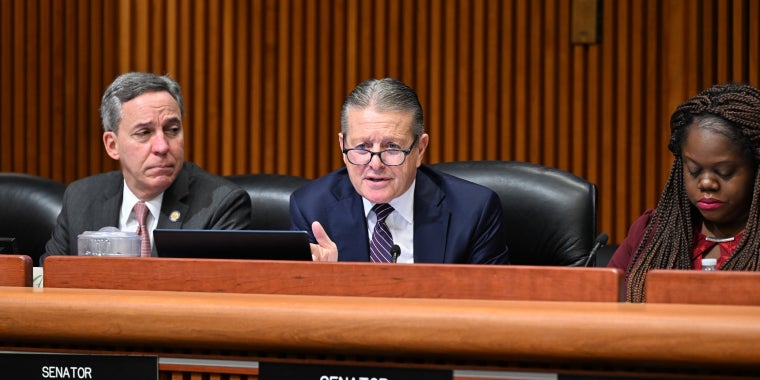
Senator Gallivan Comments on NYS Budget
Patrick Gallivan
May 5, 2023
-
ISSUE:
- NYS Budget

After a month-long impasse and closed door negotiations, the 2023-24 New York State budget was finally passed. It spends a record $229 billion, which is $8 billion more than last fiscal year.
There are some things in the budget that I support, like full funding for education, increased support for mental health services, resources to maintain our roads and bridges, a hold on SUNY tuition, and ensuring funding for vital state services.
However, I am concerned that overall state spending is up 35-percent over the past 5 years. This budget spends too much in many areas, imposes burdensome mandates, and is out of touch with the financial challenges facing New Yorkers.
- The new spending plan includes a ban on natural gas hookups in new buildings seven stories or lower starting in 2026. The ban will apply to all new buildings starting in 2029. Exemptions will be made for many commercial buildings, hospitals and other critical infrastructure. However, the budget does not provide details on how the resulting increased demand for electricity will impact the existing power grid or how consumers will deal with increased utility and housing costs. Without greater detail and analysis, this one size fits all plan is unrealistic, unaffordable and unreliable. The budget does not include many of the more restrictive recommendations initially proposed, including a ban on the purchase of natural gas appliances for existing homes. Many constituents expressed opposition to this proposal and I am happy to see it was eliminated from the final budget.
- Efforts to correct so-called reforms to our criminal justice system, unfortunately fell short in this budget. Language changes to cashless bail laws still do not allow judges to consider the “dangerousness” of an individual when determining bail, which I believe is imperative for public safety.
- Likewise, the budget does not adequately address the needs of hospitals and nursing homes, especially those serving rural communities. Medicaid reimbursements rates remain too low and do not cover the actual cost of care. This further threatens the financial future of hospitals across the state. New York is also withholding millions in federal funding for Medicaid from county governments, which will result in higher property taxes.
- The budget also raises the state’s minimum wage, making it more difficult for small businesses to survive. The result will likely mean fewer jobs and higher consumer costs. Instead, the state should incentivize businesses to grow and expand, not make it impossible to do business in New York.
Unfortunately, the dramatic increase in spending did not help tackle inflation, provide tax cuts for middle class families, or help struggling farms and businesses. The budget process also lacked transparency and open deliberation. For these reasons, I voted against it.
I will continue to fight for fiscal responsibility in state government, propose and advocate for better solutions, and support programs that benefit our residents and our communities. We need to do more to make New York a more affordable place to live, work and raise a family.
Share this Article or Press Release
Newsroom
Go to Newsroom


